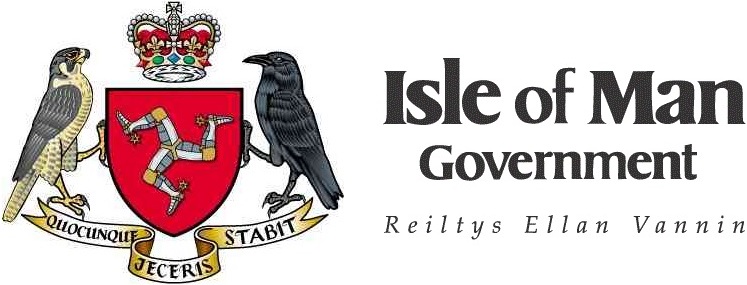Courts, Tribunals and Local Authority Procedures, and Miscellaneous Provisions Bill 2020
Feedback updated 8 Oct 2021
We asked
We asked for views and comments on the draft primary legislation which would place some of the positive operational changes to practices and protocols, that had arisen during the Island's response to the coronavirus (SARS-CoV-2) (COVID-19) pandemic, on a legal footing. The public consultation was launched online and because of the urgent nature of the legislation the consultation was open for four weeks from 17 August 2020 to 14 September 2020.
You said
Twelve (12) responses were received from Members of Tynwald, Departments, Boards and Offices of Government, Local Authorities, and members of the public. All responses received during the consultation period have been considered and changes, where appropriate, have been made to the primary legislation. Overall the engagement was positive and constructive.
We did
All responses received during the consultation period were been considered by the Cabinet Office, the Attorney General's Chambers and the Council of Ministers. Following discussions with these bodies about the responses, some changes to the primary legislation were made. The finalised version of the Courts, Tribunals and Local Authority Procedures, and Miscellaneous Provisions Bill 2020 was introduced into the Legislative Branches on 13 October 2020. The Bill progressed through Branches quickly, with a number of useful amendments both in the House of Keys and in the Legislative Council. The legislation was granted Royal Assent at the December 2020 sitting of Tynwald.
Results updated 8 Oct 2021
Files:
Overview
During the COVID-19 pandemic Government, Local Authorities and the Courts all worked under the provisions of the Emergency Powers Act 1936. Some positive operational changes to practices and protocols were made under the Emergency Powers Act 1936, it is proposed that these be retained and made permanent.
On 26 June 2020 Tynwald approved the Emergency Powers (Coronavirus) (Continuation) (No 2) Regulations 2020. The Regulations remain in operation for 6 months from the last day of the proclamation, which was the 26 June. This means that on the 26 December 2020 any regulations (and therefore changes) made under the Emergency Powers Act will no longer be in operation.
In order to preserve improved ways of working, to place previous actions and decisions made during the emergency period on permanent legal footing and to prepare for a future pandemic, the Courts, Tribunals and Local Authority Procedures, and Miscellaneous Provisions Bill 2020 has been prepared in order to enact in primary legislation the relevant parts of the emergency regulations.
Briefly these provide for;
- The use of live television link in court proceedings
- The use and application of Bail
- Local Authority appointments and decisions
- The use of Government Facilities
- The future sharing of duties and information across Government Departments
- The regulations and written protocols for operating within a pandemic
You can view the draft Bill in full below, and for ease of reference we have broken the Bill into its separate parts to enable comments and views to be given on each. Please read each section carefully.
Along with the provisions contained within the draft Bill, we are also seeking comments and views on the wording/phrasing used.
Please note this is a draft of the bill for consultation purposes, and as such, there are a small number of sections awaiting some information or policy to be determined.
Areas
- All Areas
Audiences
- All residents
- Black & minority ethnic
- Business owner
- Children & young people
- Civil and public servants
- Elected members - local government
- Elected members - MHKs
- Employees
- Homeowners
- Landlords
- Leaseholders/ landowners
- Lesbian, gay, transgender & bisexual
- Older people
- Other non-resident - business interests
- Parents, carers and & guardians
- People with disabilities or long term illness
- Retired
- Road users
- Self-employed
- Students
- Tenants
- Unemployed
- Visitors & tourists
- Volunteers
Interests
- Legislation

Share
Share on Twitter Share on Facebook